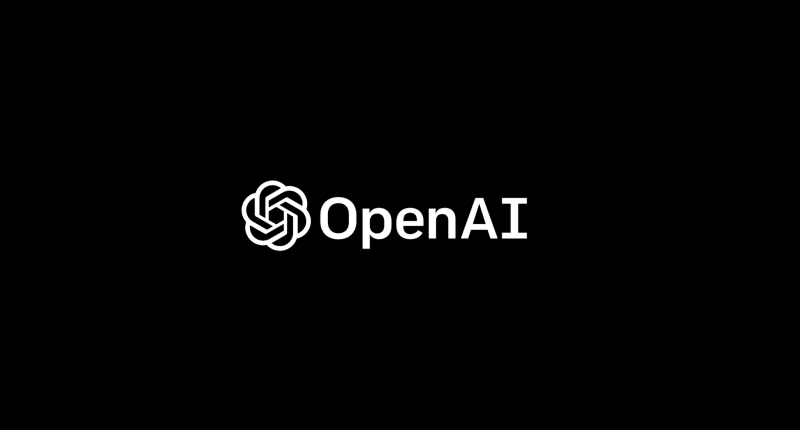As it officially unveils plan to move forward with becoming a more investor-friendly corporation, the road is becoming bumpier for OpenAI, as a nonprofit organization joins Elon Musk’s effort to block OpenAI’s transition to a for-profit entity. On Friday, OpenAI announced its plan to transition its for-profit arm into a Delaware public benefit corporation (PBC). On the same day, the non-profit organization Encode – founded in 2020 – requested permission to file a brief in support of Elon Musk’s injunction to block OpenAI’s for-profit move, says a new report from The Information.
The non-profit organization Encode, in its proposed brief to the U.S. District Court for the Northern District of California, argues that OpenAI’s (founded in 2015 as a non-profit research lab) transition to a for-profit model would harm or weaken the company’s original mission.
For clarity, both Public Benefit Corporations (PBCs) and traditional corporations are for-profit organizations. However, PBCs are legally required to pursue public benefits in addition to profit. These benefits may contain social and environmental goals, which means PBCs must consider the impact on society and the environment, instead of completely focusing solely on financial returns.
Encode is concerned that OpenAI’s new focus on profit could conflict with its public interest and ethical goals. As per the report, the group argues that as we are moving toward achieving artificial general intelligence (AGI), we should ensure it is controlled by a nonprofit organization. Here AGI means a type of AI capable of performing any task a human can. A non-profit firm would be legally bound to prioritize safety and the public good, rather than a for-profit company whose main goal is to generate revenue.
This has also become notable as recent reports have emerged claiming that an agreement signed in 2023 between the ChatGPT maker and the tech giant states that OpenAI will only achieve AGI (Artificial General Intelligence) status once it creates AI systems that generate at least $100 billion in profits.
Returning to the latest transition plan – in its blog – OpenAI explained that its current structure is “a for-profit, controlled by the non-profit, with a capped profit share for investors and employees.” Under the new model, the non-profit will hold shares in the for-profit, similar to outside investors, and the for-profit will support the non-profit’s charitable mission with its funds.
The Tech Portal is published by Blue Box Media Private Limited. Our investors have no influence over our reporting. Read our full Ownership and Funding Disclosure →






